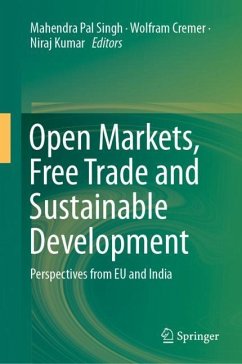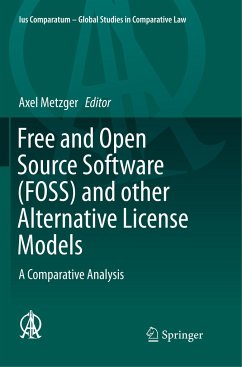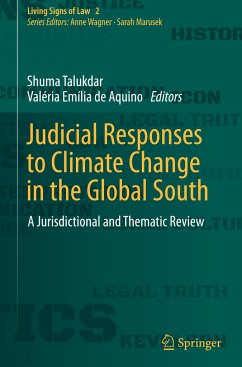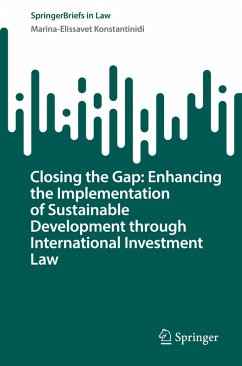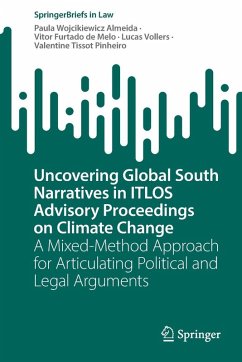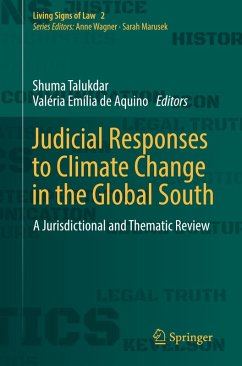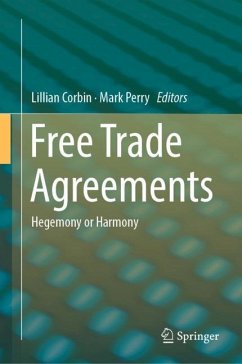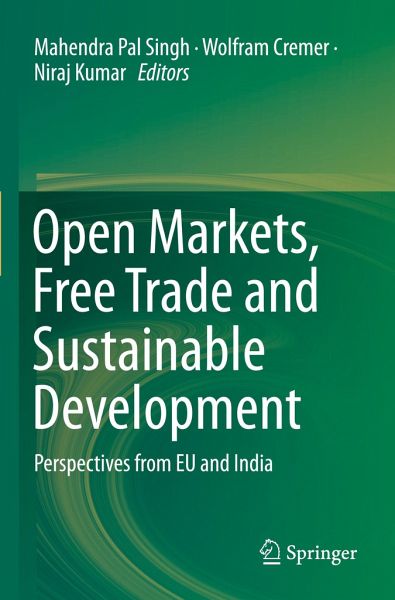
Open Markets, Free Trade and Sustainable Development
Perspectives from EU and India
Herausgegeben: Singh, Mahendra Pal; Cremer, Wolfram; Kumar, Niraj
Versandkostenfrei!
Versandfertig in 6-10 Tagen
76,99 €
inkl. MwSt.

PAYBACK Punkte
38 °P sammeln!
This book explores the dilemmas posed by globalisation in various aspects of law. It covers diverse themes, ranging from the impact of different legislative measures, bilateral and regional agreements in the context of trade, investment and mobility of labour, to concerns about sustainability, equity, regional balance and social security in the light of globalisation. Although it focuses mainly on India and the European Union, the issues raised and challenges discussed are of a general nature, and as such relevant in the broader context. The chapters address contemporary problems in trade, inv...
This book explores the dilemmas posed by globalisation in various aspects of law. It covers diverse themes, ranging from the impact of different legislative measures, bilateral and regional agreements in the context of trade, investment and mobility of labour, to concerns about sustainability, equity, regional balance and social security in the light of globalisation. Although it focuses mainly on India and the European Union, the issues raised and challenges discussed are of a general nature, and as such relevant in the broader context. The chapters address contemporary problems in trade, investment and labour mobility, which have emerged through the complex interaction of market, state policies and socio-environmental concerns, and are expressed on national and global platforms in the context of evolving legal system. The book is a valuable resource for students, researchers and academics engaged in comparative legal studies, particularly those interested in studying the interplay ofglobalisation with various areas and aspects of law at national as well as international levels. It also appeals to anyone interested in law and policy studies.





